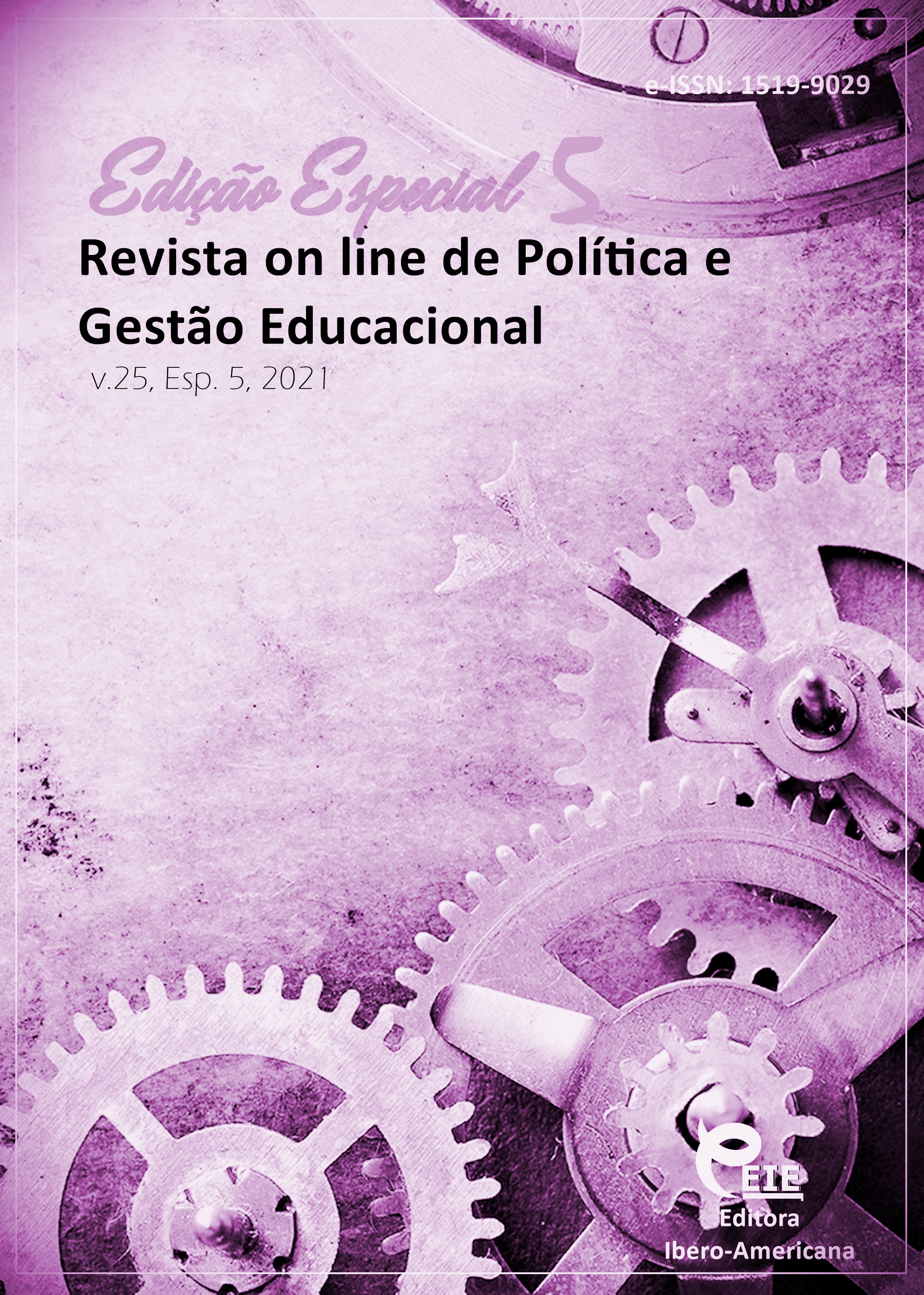Modular teaching of russian to chinese students
DOI:
https://doi.org/10.22633/rpge.v25iesp.5.15998Keywords:
Learning, China, Students, EducationAbstract
In this article, we will examine the characteristics of a model of teaching Chinese students, which is built on two key components. These are the Confucian attitudes of a collectivist society, which contribute to such characteristic traits as respect for the teacher, hierarchical social structure, and the importance of saving face. Second is the peculiarity of the Chinese educational system, which is focused on taking tests and memorizing ready-made answers. In this situation, it is necessary to consider the specifics of working with Chinese students. This article analyzes the learning strategies of Chinese students, as well as historical, political, economic and cultural factors in their formation. English teachers need to pay more attention to the use of communicative methods in their work in order to intensify the learning.
Downloads
References
BEKHTER, А. А. Practices of training of foreign students in non-linguistic high School (example of practicing the disciple "foreign language (English)" At Penzen State University). LRC, v. 15, p. 206, 2018.
BOLDOVA, T. A.; TREGUBOVA, L. V. Study of Chinese students in Russian as a French language with the use of modular interactive works. New language. New Thinking, v. 789, 2020.
BORDOVSKAYA, N.V.; REAN, A.A. Pedagogy: Textbook. Saint Petersburg: Publishing House Peter, 2021.
GERBIK, L. F. Teaching Chinese students the Russian language taking into account the recommendations and remarks of Chinese teachers. Minsk: Belarusian House of Press, 2013.
GORSHKOVA, O. O. Methodological organization of practical-modular training process. Perspectives of Higher Education Development, p. 57-62, 2020.
ILYIN, G. Innovations in education. Moscow: Litres, 2021.
JING, Ch. On teaching listening to Russian speech at the initial stage in Chinese universities. Current Pedagogical Education, n. 4, 2020.
KALASHNIKOVA, M. A. Modulno-competent learning as a phenomenon of professional education. Russian-Chinese scientific journal "Sodruzhestvo" Monthly scientific journal, v. 4, n. 4, p. 42, 2016.
KALINICHENKO, M. V. Development of the education system in China. In: Law and politics: Theoretical and Practical Problems. 2017. p. 85-88.
KECHIMOVA, S. F. On the use of innovative methodology of Chinese language training. In: Problems and prospects of multilevel language training in a multicultural society. 2017. p. 106-114.
KOVALEVA, Y. modular program of teaching English language to students of technical university. Bulletin of South Ural State Humanitarian-Pedagogical University, v. 11, 2010.
LIANG, C.; BOLDOVA, T. A. Teaching Russian as a foreign language through a module. In: Questions of Theory and Practice of Teaching Russian as a Foreign Language. 2020. p. 446-450.
LUTFULLAEV, G. U.; LUTFULLAEV, U. L.; KOBILOVA, S. H. The experience of distance learning in the COVID-19 pandemic. Problems of Pedagogy, v. 4, n. 49, 2020.
MAKARENKO, L. A. Traditional and modular treatment of chinese hieroglific influence: A comparative aspect. Innovative Technologies in Education, n. 2, p. 93-97, 2020.
PETROVA, L. G. Technology of modular training of Chinese students in the formation of the grammatical side of speech in Russian: Experience and prospects. Belgorod: IPC POLITERRA, 2020.
POZDNYAKOVA, A. A.; CHEPKOVA, T. P. Module "Fundamentals of Russian spelling" in the system of teaching foreign students-philologists language of specialty. Dynamics of language and cultural processes in modern Russia, n. 6, p. 1651-1656, 2018.
WANQI, L.; BOLOTOVA, E. L. Management Of Collective Educational Programmes. Pedagogics: The Experience Of Chinese Heis. Educator XXI Century, n. 2-1, p. 11-29, 2021.
Published
How to Cite
Issue
Section
License
Copyright (c) 2021 Revista on line de Política e Gestão Educacional

This work is licensed under a Creative Commons Attribution-NonCommercial-ShareAlike 4.0 International License.
Manuscritos aceitos e publicados são de propriedade da Revista on line de Política e Gestão Educacional. É vedada a submissão integral ou parcial do manuscrito a qualquer outro periódico. A responsabilidade do conteúdo dos artigos é exclusiva dos autores. É vedada a tradução para outro idioma sem a autorização escrita do Editor ouvida a Comissão Editorial Científica.










